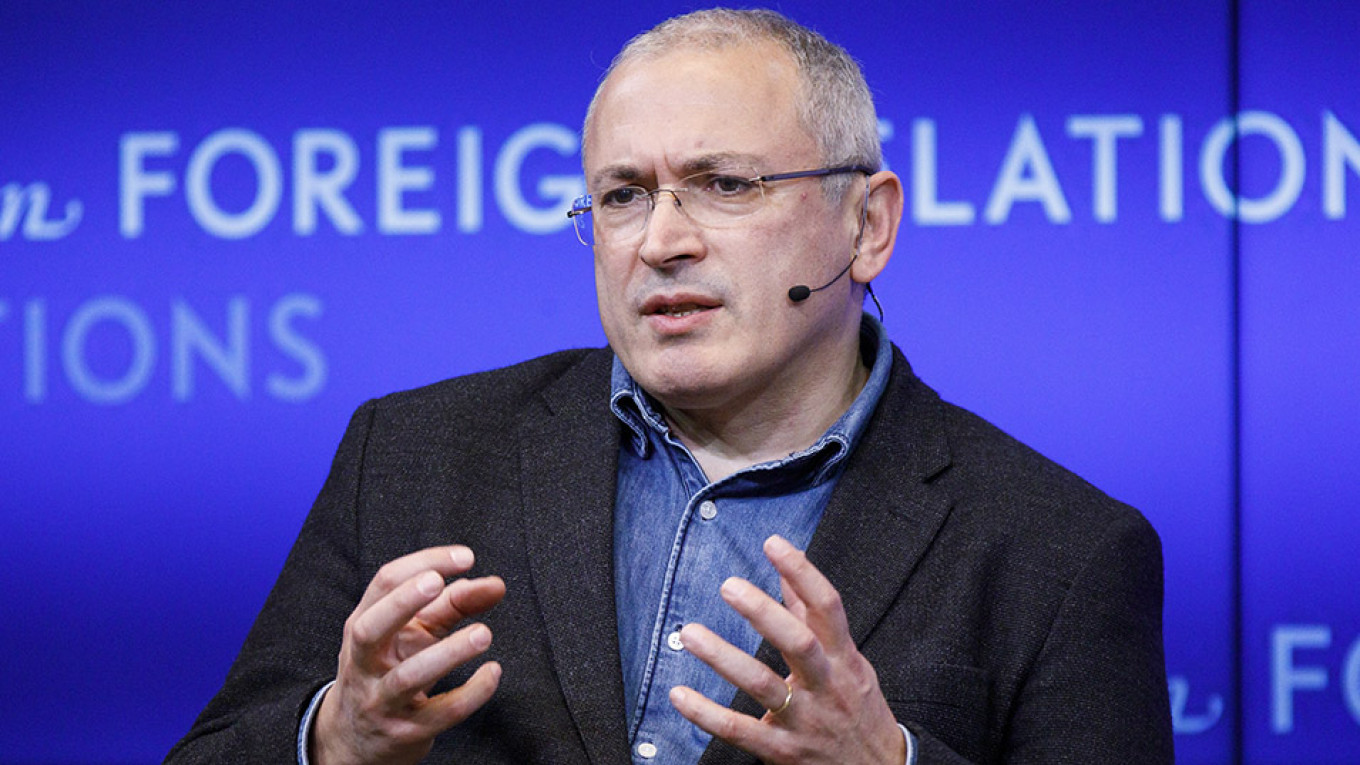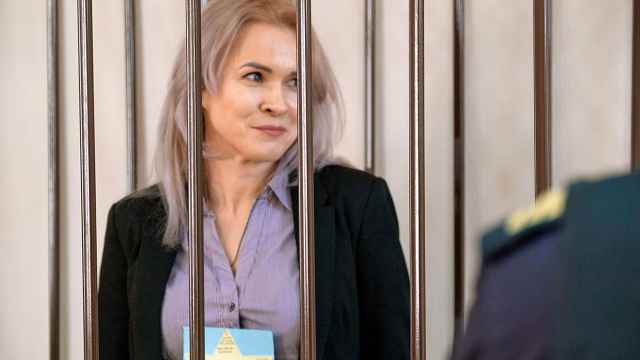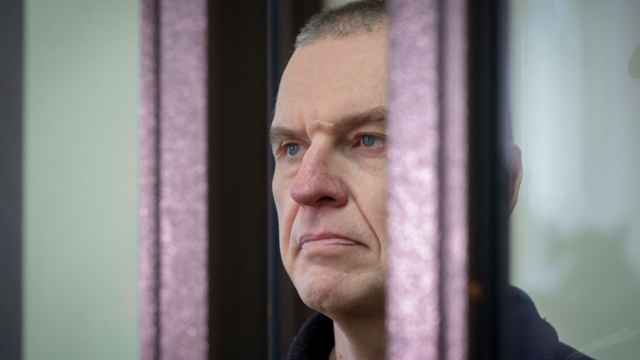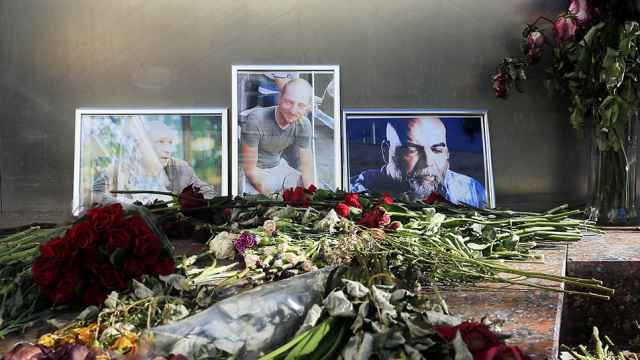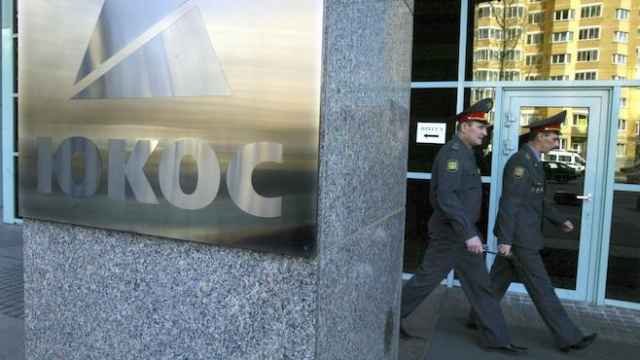Exiled former tycoon Mikhail Khodorkovsky has said he plans to relocate the employees of his media projects out of Russia or close them altogether over state pressure on dissent.
Khodorkovsky launched the Open Media and MBKh Media outlets in 2017 after Russian authorities blacklisted as “undesirable” his pro-democracy NGO Open Russia, banning its activities within the country. Last week, Russian prosecutors added four other Khodorkovsky-linked civil society and educational groups, all based abroad, to its list of “undesirable” organizations.
“With the level of pressure the government is currently putting on my people, I’ll do my best at protecting them by either relocating the projects out of Russia or stopping them altogether,” Khodorkovsky tweeted Friday.
“I don’t have the confidence to say that people known as opposition journalists, those who openly express their position, will not become the next target of the purge.”
At least one journalist, MBKh Media’s Alexander Skrylnikov who goes by Syrnikov, confirmed that he had fled Russia without specifying whether he had relocated as part of Khodorkovsky’s pledge.
“Life in Russia was getting more difficult and dangerous for me every day. I left the country, leaving people dear to my heart here,” Skrylnikov tweeted Thursday.
Khodorkovsky, who spent almost a decade in Russian prison on fraud charges he said were politically motivated, announced his decision three months after the U.S.-funded RFE/RL news outlet reportedly offered its staff support to relocate. Russia has slapped multimillion-dollar fines on RFE/RL over its “foreign agent” designation, a tag that could lead to prison time for its employees.
Members of “undesirable” foreign groups also face up to four years in prison, while those accused of organizing its activities face up to six years in prison.
Another “undesirable” Khodorkovsky group, the Open Russia opposition movement, disbanded in May to avoid jail sentences for supporters ahead of this fall’s parliamentary elections. Its former executive director Andrei Pivovarov was later detained after being taken off a departing flight in Moscow and now faces up to six years in prison under the “undesirables” law.
In 2018, Khodorkovsky pulled funding for one of his investigative outlets following the murder of three employees filming an investigation into the Wagner private military group in the Central African Republic.
A Message from The Moscow Times:
Dear readers,
We are facing unprecedented challenges. Russia's Prosecutor General's Office has designated The Moscow Times as an "undesirable" organization, criminalizing our work and putting our staff at risk of prosecution. This follows our earlier unjust labeling as a "foreign agent."
These actions are direct attempts to silence independent journalism in Russia. The authorities claim our work "discredits the decisions of the Russian leadership." We see things differently: we strive to provide accurate, unbiased reporting on Russia.
We, the journalists of The Moscow Times, refuse to be silenced. But to continue our work, we need your help.
Your support, no matter how small, makes a world of difference. If you can, please support us monthly starting from just $2. It's quick to set up, and every contribution makes a significant impact.
By supporting The Moscow Times, you're defending open, independent journalism in the face of repression. Thank you for standing with us.
Remind me later.


